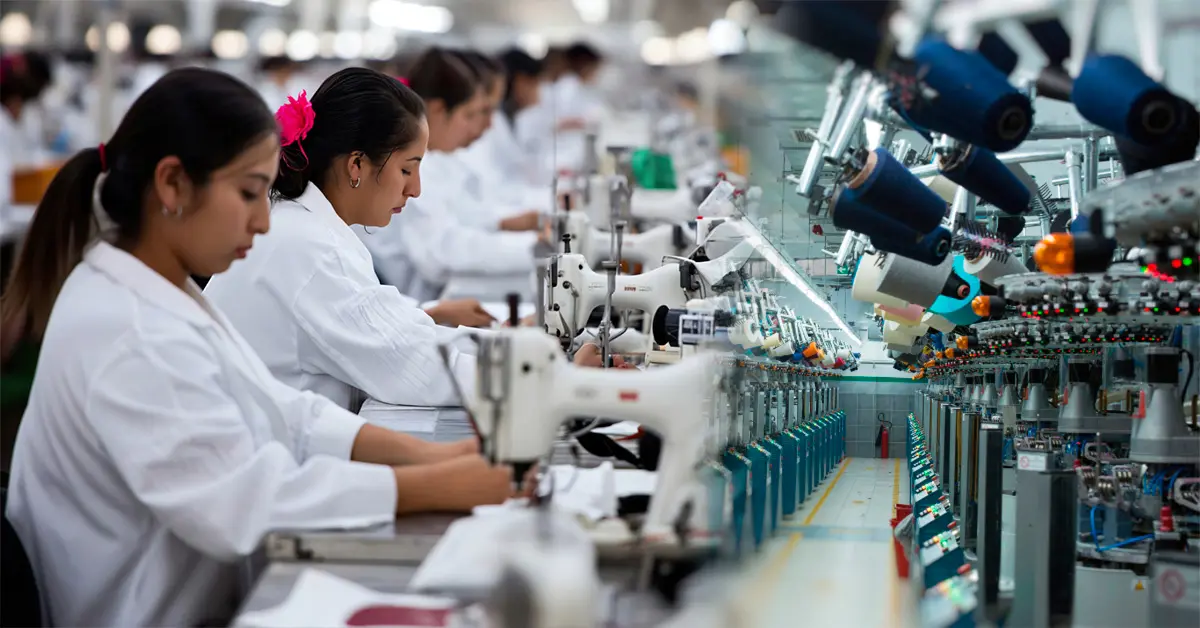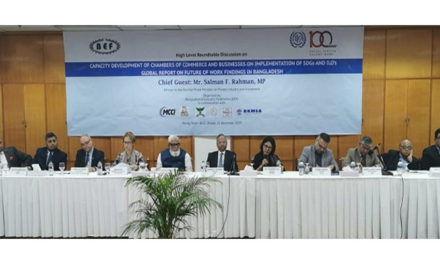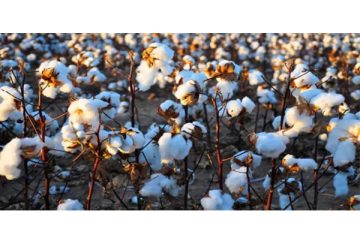 Mexico wants to protect its local industry. The Mexican government has announced the introduction of the Textile and Footwear Sector Stimulus Plan to finance small and medium-sized companies operating in these industries, which it considers to be among the most “emblematic” in the country. Textiles and footwear have a weight similar to that of the automotive industry in Mexico’s economy.
Mexico wants to protect its local industry. The Mexican government has announced the introduction of the Textile and Footwear Sector Stimulus Plan to finance small and medium-sized companies operating in these industries, which it considers to be among the most “emblematic” in the country. Textiles and footwear have a weight similar to that of the automotive industry in Mexico’s economy.
Through an agreement with BBVA bank and Nacional Financiera (Nafin), the plan will inject 120 billion pesos ($6.5 billion) to boost the companies’ competitiveness. “The textile and footwear industry can help us in a very relevant way to create jobs in 2026” said Marcelo Ebrard, the country’s Secretary of Economy. The plan introduced by the government’s Economy Secretariat aims to recover 50,000 jobs in the textile and footwear industry, which has destroyed some 100,000 jobs in recent years due to the loss of competitiveness vis-à-vis other international markets.
It is expected that up to 50,000 companies operating in the textile and footwear sectors will benefit from this aid, in the form of financing over the next twelve to eighteen months. The financing will be provided through simple credits for working capital and the renewal of productive machinery at a fixed rate of 14.5% and without commission from Bbva. Nafin will cover up to 70% of the risk through a guarantee program.
Beyond financing, the government’s plan to relaunch the textile and footwear sector seeks the involvement of academia, business and government, focusing on regions such as Valle de Toluca, Valle de México and municipalities with footwear, apparel and leather goods activity. Next December, the Mexican government will launch a new country brand for textiles and footwear.
Mexico’s textile and footwear industry, which has the United States as its main customer, has been affected in recent decades by growing competition from other markets, but especially in the last fiscal year by changes in Donald Trump’s tariff policies.
Last August, the Mexican government temporarily suspended imports of finished footwear to protect domestic production, considering that the product from other countries impacts the competitiveness of local companies.
According to data from Mexico’s National Textile Industry Chamber (Canaintex), Mexican textile exports fell 15% between January and September 2025 compared to the same period last year. The United States is Mexico’s main textile client, followed by Canada, Guatemala and Nicaragua.

















